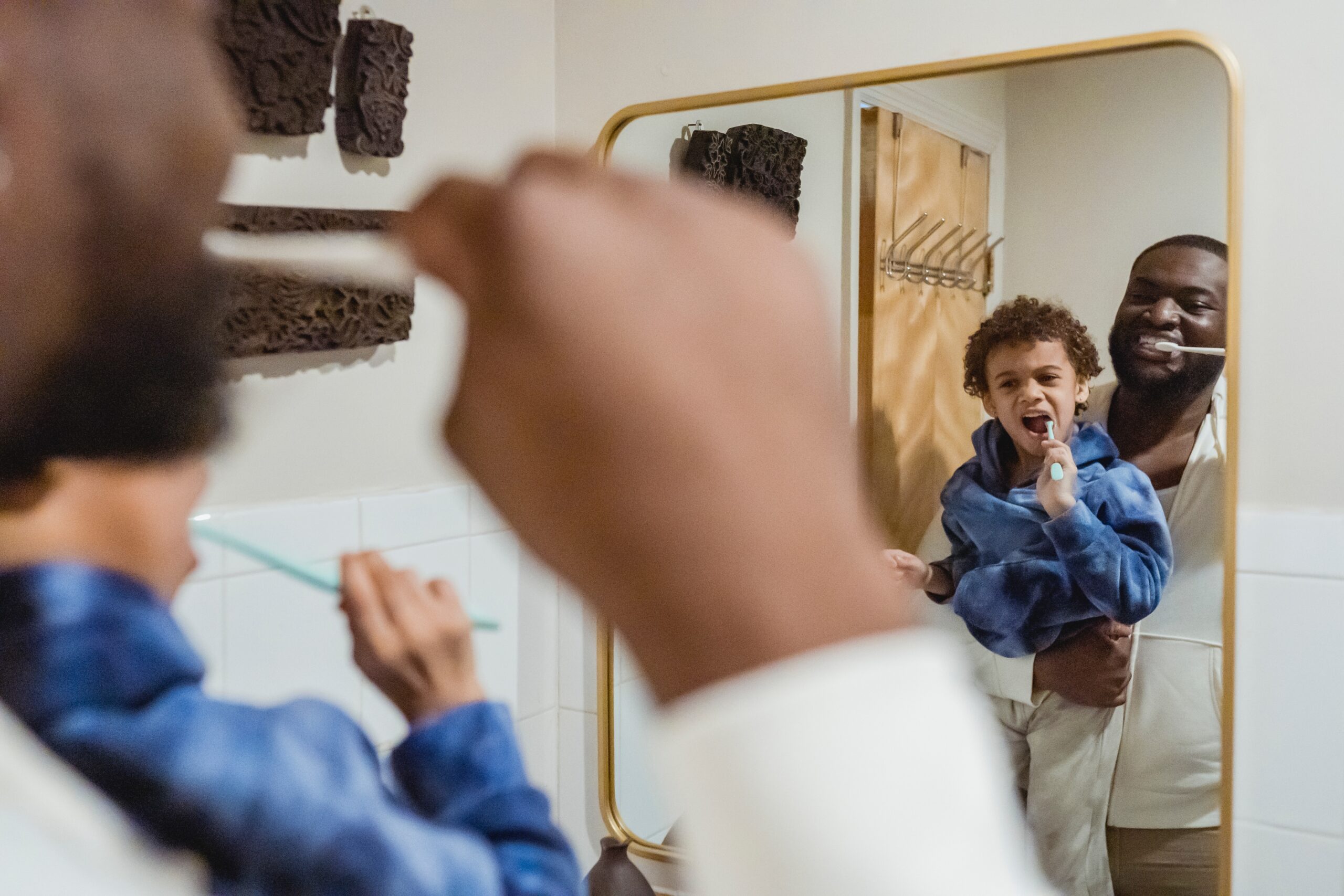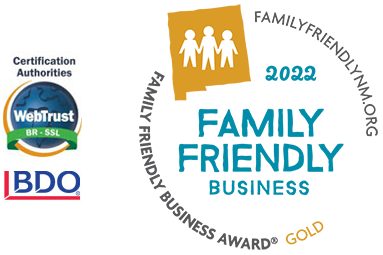

It’s no secret that the morning can be a stressful time for families! Developing independent living skills and skills to follow a schedule can be meaningful to reducing stress in the morning. Daily living routines should be an important part of your therapy treatment plan. Children as young as 2 should be able to help with dressing and undressing themselves and completing simple chores. While children with special needs may need extra time to master these skills they should still be introduced early. Discuss with your BCI clinician which daily living skills would be most meaningful for your family. Your clinician can support you with teaching these skills or introduce them during sessions. Mastering these routines in session is a great first step even if sessions happen later in the day. Once the skills are mastered we can work on generalizing them to the correct time of day. School breaks are great times to adjust session schedule to target different times of the day as well!
Morning Routine Supports
- Visual or Written Schedules
- Reinforcement Schedule for Progress Toward Independence
- Practicing routine in session
Morning Routine Quick Fixes
- Get into a schedule, wake up around the same time throughout the week
- Set expectations that are consistent everyday
- Prepare the night before (set out clothes, pack their lunch)
- Plan for extra time
Daily Living Skills by Age
18-months
- Undressing: pulls off hats, pulls off socks, takes off coat, pulls down pants
- Grooming: helps with brushing teeth, helps with wiping nose and face, helps with washing hands
- Feeding: eats fingers foods, uses a straw, uses a spoon
- Chores: puts toys in a toy box
24-30 months
- Dressing: pulls up pants, matches socks, matches shoes, removes shirt, unfastens velcro.
- Grooming; brushes hair with help, wipes face.
- Feeding: uses a fork, carries plate, uses a napkin.
- Chores: puts dirty clothes in a hamper, take clothes from washer and put into the dryer (front loading), help feeding pets.
4-years
-
- Dressing should be mostly independent.
- Grooming: hand washing and combing hair should be mostly independent, brushing teeth may need some monitoring.
- Chores: makes their bed, sets the table, waters plants.


